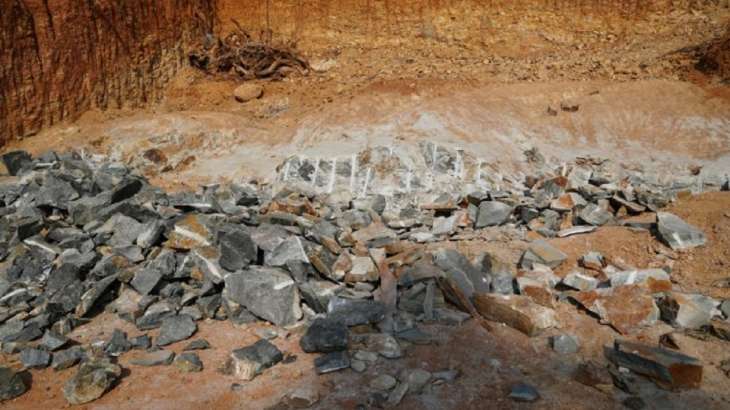India is expected to auction the lithium blocks in the northern federal territory of Jammu and Kashmir later this year, news agency Reuters reported mining secretary Vivek Bharadwaj as saying on Tuesday.
“Have recommended transaction advisor to Jammu and Kashmir government for lithium reserves auction,” he said.
Lithium falls in the critical resource category, which was not earlier available in India and we were dependent for its 100 per cent import.
Earlier in February, the Union Government said that 5.9 million tonnes of lithium reserves have been found for the first time in the country in Jammu and Kashmir.
Lithium is a non-ferrous metal and is one of the key components in EV batteries.
Union minister Nitin Gadkari recently said if India can use the recently discovered reserve of lithium in Jammu and Kashmir, it can become the world’s number-one automobile manufacturer in the electric vehicle segment.
Lithium is a light metal. Its density is lower than that of water, so it can actually float. It was not formed naturally on earth but is a cosmic metal.
It points out that some scientists believe that when high-energy cosmic rays slam into heavier elements like carbon and oxygen in interstellar space, breaking them up into lighter atoms, lithium could have been created. In 2020, astronomers discovered that a certain type of red giant stars also become lithium factories at the end of their lives, based on a survey of hundreds of thousands of stars.
Lithium is a highly reactive metal which means that it can hold a lot of energy.
As per reports, using lead-acid technology, it takes 6 kg to store the same amount of energy that a 1 kg lithium-ion battery can handle.
Also, lithium can hold its charge for longer. A Lithium-ion battery loses only 5 per cent charge per month compared with 20 per cent loss in a Nickel Metal Hydride (NiMh) battery. And Lithium can withstand thousands of recharge cycles.

